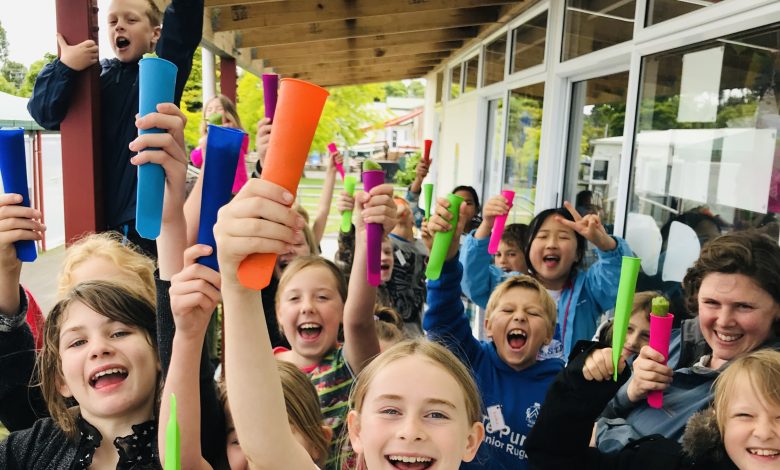
Now is a time to capture the essence of how the educational sector in New Zealand could work together in the future. The current response planning to the global Pandemic gives us glimmers of hope into possible new ways of working.
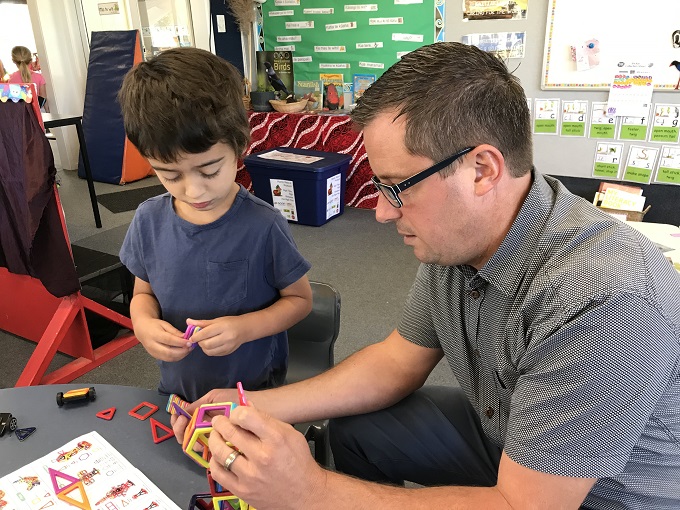
Like all school communities across the country, our needs at Oropi School during the pandemic, immediately after, and into the future, will be unique, requiring a localised response under the umbrella and direction of national priorities and direction.
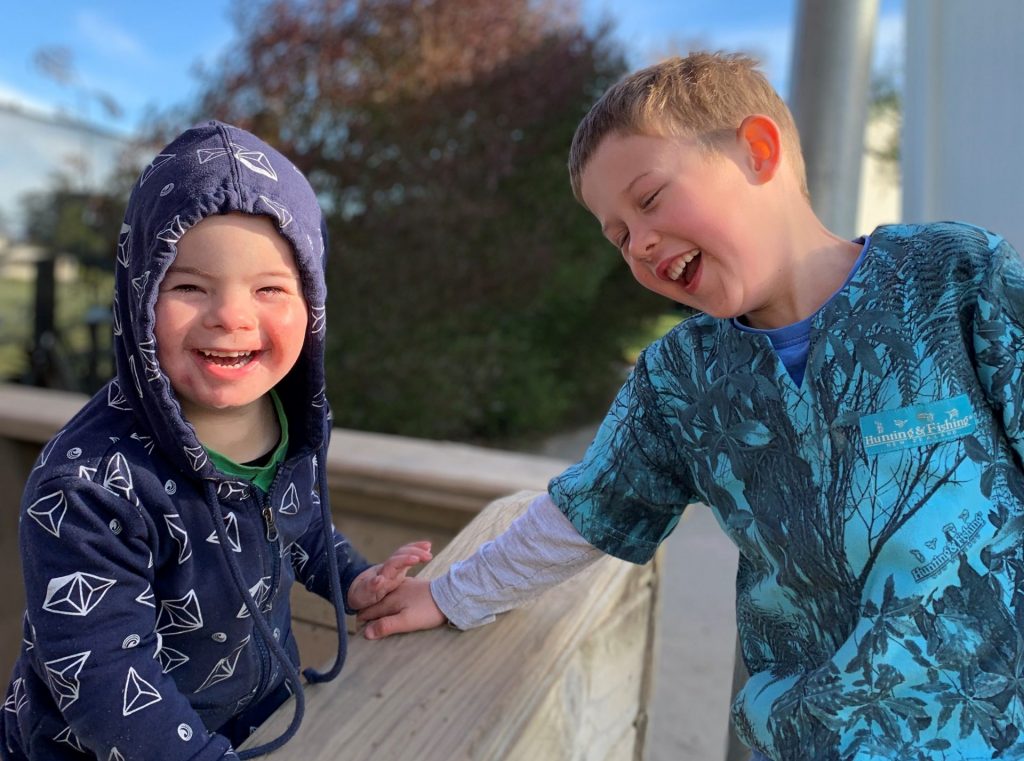
To give context, I represent educational leadership as a school principal of a semi-rural state full primary school on the outskirts of Tauranga, with 350 students, including some international enrolments. Our school is situated in a district of lifestyle blocks, horticultural and primary industry, and small business sector workers.
During the response, we have all come together to share ideas, listen to one another, be driven by outcomes focused on the collective good and well-being of all stakeholders, and have had more alignment than ever. There has been a common goal, a problem to solve, and a need for one another as we navigate new territory. We can be proud to have witnessed examples of working collaboratively in the rollout of guidelines and procedures to manage our localised response. On the whole, we have felt confident in messaging to our communities, with a feeling of the Ministry of Education ‘having our back’.
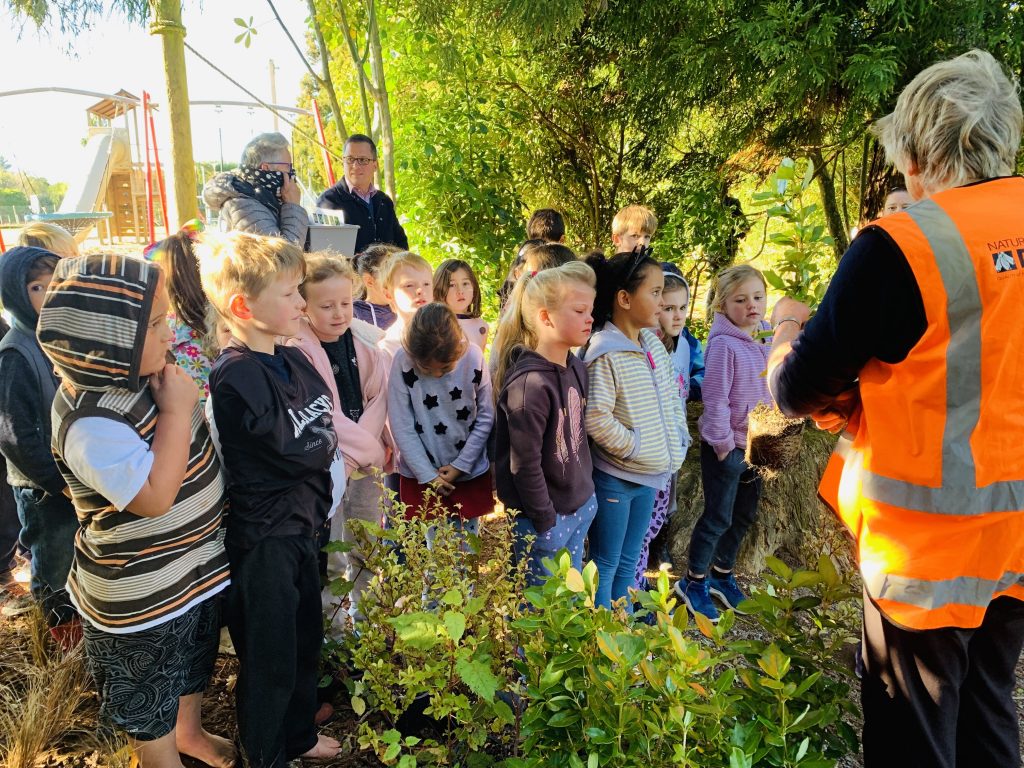
This gives us a clear opportunity for the future. It shows us new possibilities for ways of working focused on a common strategic vision, where all representatives can come together, be heard, and make collective decisions based on consensus and listening. We have an example of where political agenda and neoliberal ideologies have been put to the side. Personal bias and ego has had minimal influence. There has been a strong need to be unanimous, decisive, and succinct. Supporting one another has been paramount because it is a totally new situation for all of us. Competing and trying to outdo one another has no place. Imagine a future education system that captures all of this.
Throughout the response process, systemic needs and issues have come to light to consider for the future of education in Aotearoa. Some of these are new ones we have just realised or noticed, and others are existential, brought to the fore even more. It could be very tempting to approach these in a cynical way or we could be brave, and do so optimistically with pragmatism.
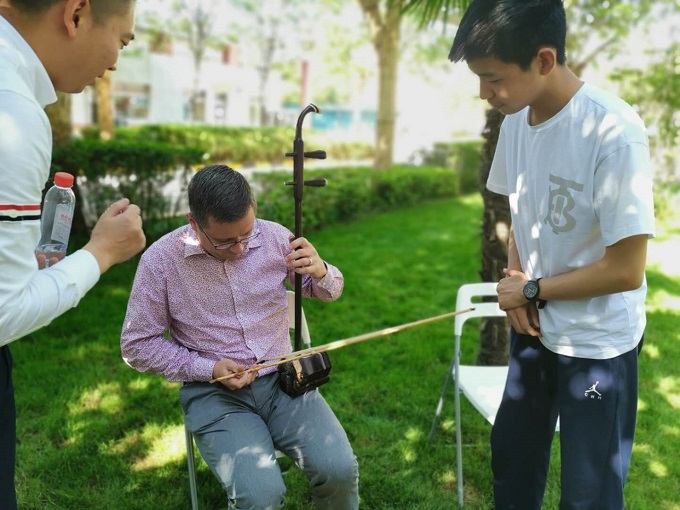
We have come to a realisation that our world up to this point was becoming more and more wasteful with drastic climatic consequences on the horizon. The divide between rich and poor was becoming more paramount. We have had a society where everything was quick, families and friends were not really talking face-to-face much, and loneliness was oozing into many parts of society. In the varying forms of lockdown, we have remembered how to smile, be grateful, phone people close to us, reignite connections, make time for hobbies, had time for acts of kindness, and allowed nature to clean itself.
What an opportunity for education! Collectively we can be addressing these issues and re-prioritising what is important.
It is time to really address systemic, cultural, and financial inequities. The pandemic has highlighted existing inequities between the ‘haves’ and ‘have nots’ of digital devices in the home for example. New financial pressures are emerging due to job losses in communities. This is redefining the landscape of socio-economic need and we will need to come up with new ways to respond. Current tools, such as the Decile too, are too blunt and fast becoming irrelevant.
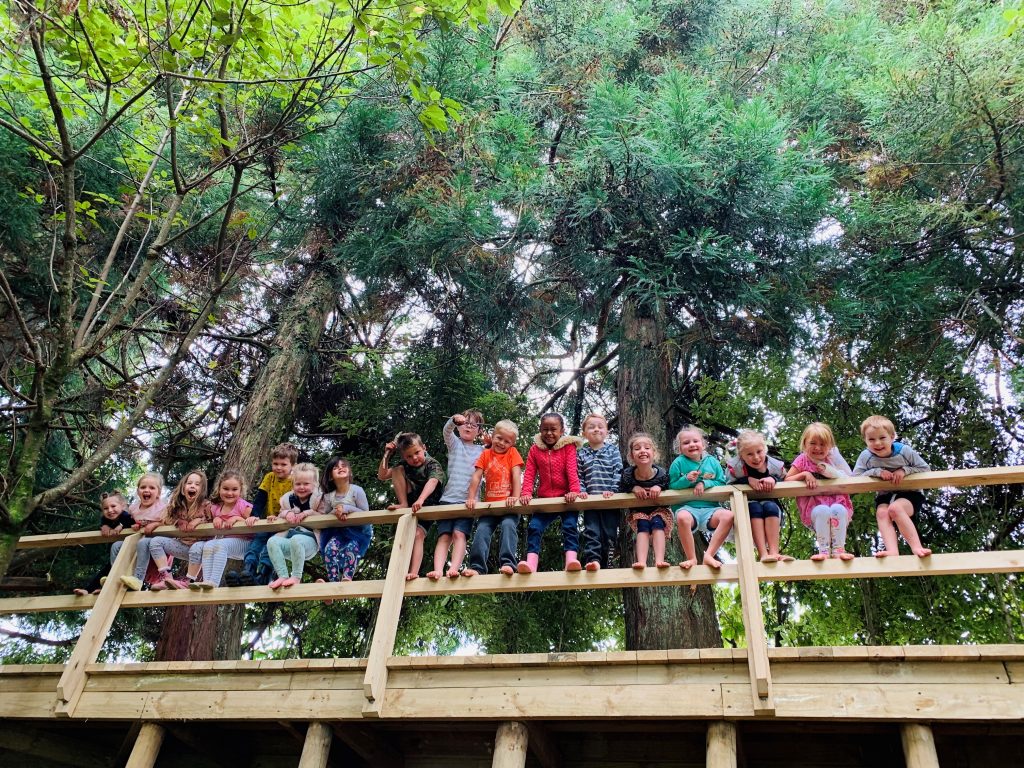
Localised curriculum initiatives that focus on well-being, cultural responsiveness, The Arts, sports, and environmental sustainability will need to be our priority. Being culturally responsive goes hand-in-hand with addressing matters of well-being. We need our kids to know what it means to seek pleasure from being kind to others, through acts of humanitarian response. This has the opportunity to naturally bring cultures together. If we are to bring The Arts, sports, and environmental sustainability to the fore, we are fostering opportunities for children to find ways to connect, develop real hobbies, and to ensure nature continues its path of recovery. Quite simple really, with wellness being a consequential side-effect.
If we can respond to these issues, needs, and priorities, as taught through this global health crises, we could bring life to our education system like never before. We need to capture the essence of how we have worked together, to make this sustainable and achievable. Then, like our pandemic response has been led, we could create something else that is world renowned.


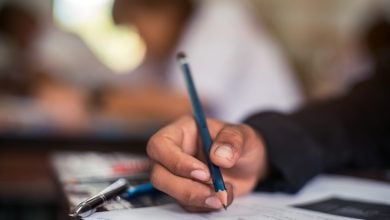
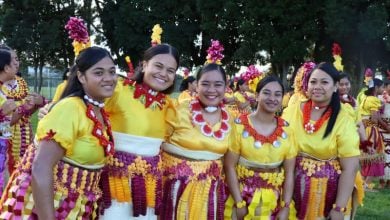
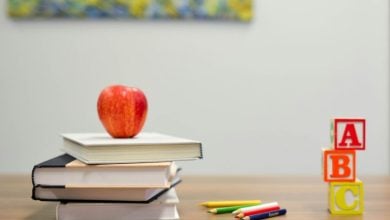
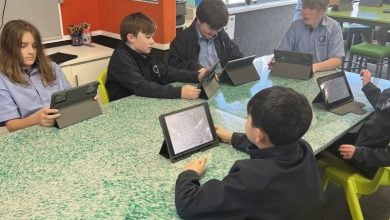
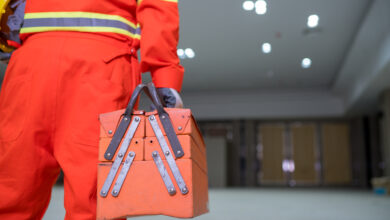
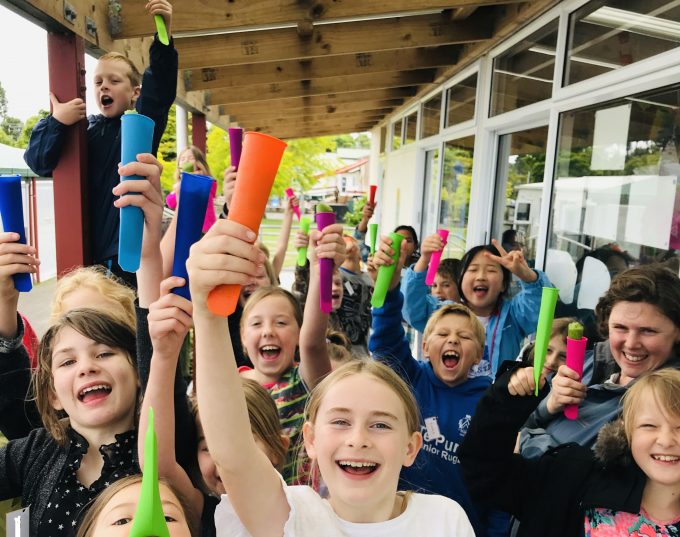
Andrew King’s piece is enlightening, well crafted and educationally well thought through. A great read while redesigning any curriculum and the delivery of it. Certainly deserves a 5 star rating.
Kia ora koutou,
thank you for your sensitive thoughts and for sharing them, in the good spirit encouraged by the Minister at present.
I was heartened to see you describe international problems such as climate change and loss of bio-diversity as well, with in this broad korero.
In my opinion this Pandemic has been a great time to contemplate what we have done, where we are going, and what we can do.
In my opinion we will have to reconfigure the country’s earnings because of the fall in Tourism. Sadly, that is going to have a flow on effect, in the extra dependence on Dairy, just because there is a hungry market out there. But we all seem to recognise that is a big contributor to dirtied waterways, a loss of bio diversity, and over- production of methane. So we will have to do all projected expansions with thought and long- term sustainability in mind.
I believe the Government’s plan to have more environmental workers if fine- but it will not succeed if it is only temporary. Do you remember the short- term PEP jobs of the Muldoon era? Afterwards, many youth just went back to the dole. So we need to lead such projects into inventive training, such as a scaffolding into useful Horticultural Degrees ie. initial native planting jobs- training in pruning, sprouting, transplanting etc- extension to diploma level – extension to Degree level – connection to industry and conservation. There is a HUGE potential for the Education Sector in such an enterprise.
I also believe it is time to use our new apprentices to build new schools and classrooms. And within those state-of-the art buildings, could we not aim at the hallowed ground of 1 teacher to 15 students? So there is another employment opportunity: train more teachers, kaitiaki and Tertiary lecturers.
Just imagine how could it could be!